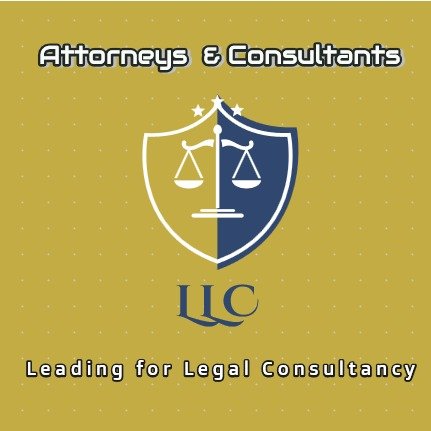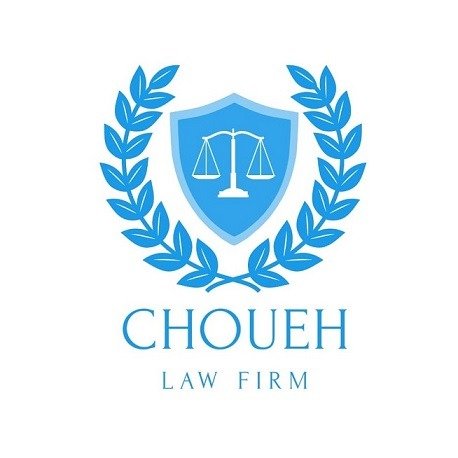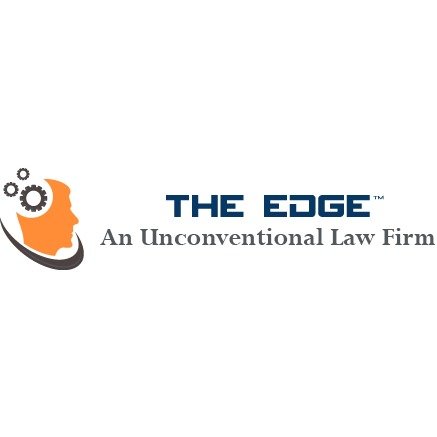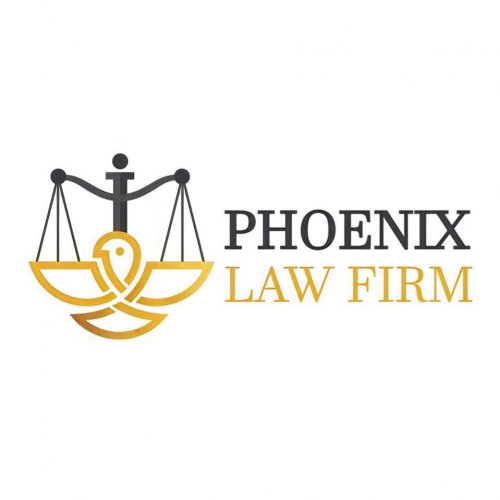Best Private Equity Lawyers in Lebanon
Share your needs with us, get contacted by law firms.
Free. Takes 2 min.
Or refine your search by selecting a city:
List of the best lawyers in Lebanon
About Private Equity Law in Lebanon
Private Equity in Lebanon refers to investments made in private companies or public companies that are intended to be made private, typically through the acquisition of shares. These types of transactions often involve institutional investors, investment funds, and high-net-worth individuals seeking to achieve substantial returns by investing in growing businesses. Lebanon's strategic location in the Middle East, its dynamic entrepreneurial sector, and experience in banking and finance make it an attractive environment for Private Equity activities. However, local regulations, economic fluctuations, and a complex legal framework mean that those involved in Private Equity must navigate numerous legal, financial, and regulatory challenges.
Why You May Need a Lawyer
Private Equity transactions are complex and involve significant financial stakes. You may need a lawyer in Lebanon in the following situations related to Private Equity:
- Conducting due diligence before investing in a company
- Negotiating or drafting investment or shareholder agreements
- Structuring investments for maximum tax efficiency and regulatory compliance
- Resolving disputes arising among investors, managers, or companies
- Handling exit strategies, such as selling shares or listing on the stock exchange
- Complying with Central Bank of Lebanon regulations, anti-money laundering rules, and cross-border transaction laws
- Protecting intellectual property, securing assets, and ensuring proper risk management
- Managing mergers, acquisitions, or restructuring activities
Local Laws Overview
Private Equity transactions in Lebanon operate within a unique legal and regulatory landscape. The main points of Lebanese law relevant to Private Equity include:
- Company Law: Guided by the Lebanese Code of Commerce, companies such as Société Anonyme Libanaise (SAL) and Société à Responsabilité Limitée (SARL) are preferred vehicles for Private Equity investments.
- Capital Markets Law: The Capital Markets Authority (CMA) oversees securities activities, including Private Equity funds, to protect investors and promote transparency.
- Foreign Investment Regulations: There are restrictions and reporting requirements for foreign investors to safeguard national interests while attracting foreign capital.
- Banking Secrecy Law: Lebanon is known for its banking secrecy traditions, which impact how financial due diligence and compliance are performed in Private Equity deals.
- Taxation: Lebanese law provides specific tax treatment for capital gains, dividends, and profit repatriation, which need careful evaluation in Private Equity structures.
- Anti-money Laundering (AML) and Counter-Terrorism Financing (CTF): Compliance with these regulations is mandatory for all large financial transactions in Lebanon.
Frequently Asked Questions
What is Private Equity?
Private Equity involves investing capital in private companies, or taking public companies private, with the goal of restructuring, growing, or improving their value before exiting the investment.
Can foreign investors participate in Private Equity deals in Lebanon?
Yes, foreign investors can participate, but there may be restrictions in certain sectors and disclosure requirements depending on the type of investment and business activity.
Are there specific regulations for Private Equity funds in Lebanon?
Yes, Private Equity funds are regulated principally by the Capital Markets Authority, which requires fund registration, regulatory reporting, and compliance with investor protection measures.
What types of companies are typically involved in Private Equity transactions?
Most Private Equity investments in Lebanon focus on Société Anonyme Libanaise (SAL), given its flexibility for shareholding and governance. Other company forms may be used depending on investment goals.
What are the main steps in a Private Equity transaction in Lebanon?
Key steps include due diligence, negotiation of transaction terms, legal structuring, contract drafting, regulatory approvals if needed, funding, and eventual exit strategy planning.
How are disputes in Private Equity transactions resolved?
Disputes are generally resolved through negotiation, mediation, or arbitration as preferred options, but resort to Lebanese courts is possible if contractually agreed or required by law.
What are the tax implications for Private Equity investments?
Taxation involves considerations of capital gains taxes, withholding taxes on dividends, and possible double taxation treaties. A legal advisor can help optimize the tax structure for each deal.
Is there a minimum investment for participating in a Private Equity fund?
Each fund sets its minimum investment amount as part of its fund structure. It is common for Private Equity funds in Lebanon to require significant minimum commitments from participants.
Are exit strategies straightforward in Lebanon?
Exit strategies such as trade sales, initial public offerings, or secondary buyouts are possible, but local market conditions, liquidity, and regulatory factors can impact the exit process.
Can Private Equity investments help foreign companies enter the Lebanese market?
Yes, Private Equity is often used as a market entry strategy for foreign companies seeking local partnerships, buy-outs, or strategic investments in Lebanese businesses.
Additional Resources
If you are seeking more information or legal support in Private Equity, consider reaching out to the following resources:
- Lebanese Bar Association - For lawyer referrals and legal information
- Capital Markets Authority (CMA) - For regulations related to securities and Private Equity funds
- Investment Development Authority of Lebanon (IDAL) - For guidance on foreign investment rules and incentives
- Ministry of Economy and Trade - For company registration procedures and business regulations
- Professional associations or chambers of commerce - For networking and recommendations of experienced advisors
Next Steps
If you require legal assistance with Private Equity in Lebanon, begin by clearly identifying your business goals and the nature of the investment or transaction you are considering. Gather all relevant documents and information about the target company or fund. Arrange an initial consultation with a lawyer or law firm specializing in corporate or financial law, preferably with experience in Private Equity. During your consultation, discuss your objectives, possible legal and regulatory hurdles, and seek guidance on structuring, compliance, and risk management.
Legal guidance is crucial at every stage of the Private Equity process, from the initial due diligence to the final exit. A specialized lawyer can help protect your interests, ensure regulatory compliance, and maximize the potential benefits of your investment.
Lawzana helps you find the best lawyers and law firms in Lebanon through a curated and pre-screened list of qualified legal professionals. Our platform offers rankings and detailed profiles of attorneys and law firms, allowing you to compare based on practice areas, including Private Equity, experience, and client feedback.
Each profile includes a description of the firm's areas of practice, client reviews, team members and partners, year of establishment, spoken languages, office locations, contact information, social media presence, and any published articles or resources. Most firms on our platform speak English and are experienced in both local and international legal matters.
Get a quote from top-rated law firms in Lebanon — quickly, securely, and without unnecessary hassle.
Disclaimer:
The information provided on this page is for general informational purposes only and does not constitute legal advice. While we strive to ensure the accuracy and relevance of the content, legal information may change over time, and interpretations of the law can vary. You should always consult with a qualified legal professional for advice specific to your situation.
We disclaim all liability for actions taken or not taken based on the content of this page. If you believe any information is incorrect or outdated, please contact us, and we will review and update it where appropriate.
Browse private equity law firms by city in Lebanon
Refine your search by selecting a city.













